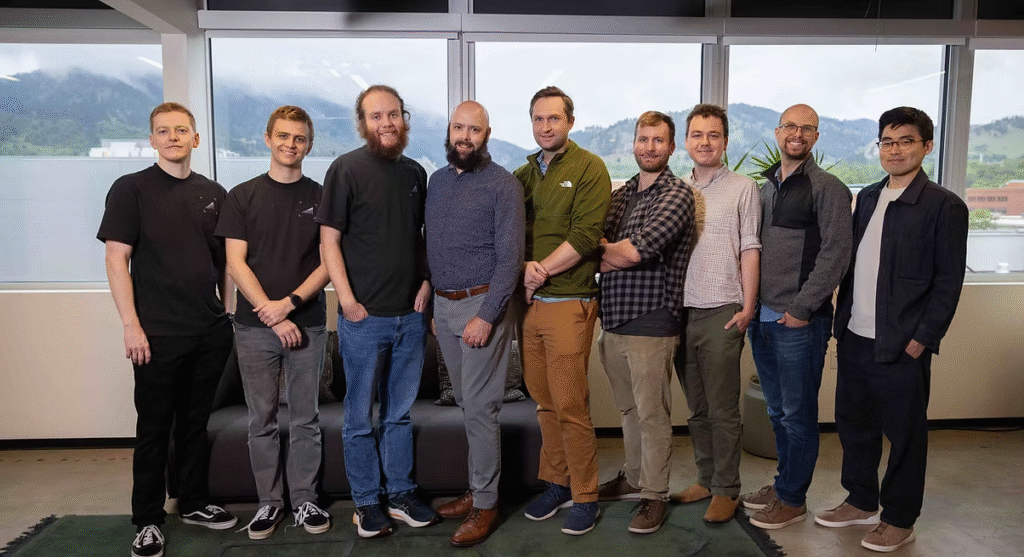Oxford Ionics, a company in trapped-ion quantum computing, has partnered with Iceberg Quantum, a quantum architecture company specializing in Quantum Low-Density Parity-Check (qLDPC) codes. This collaboration is part of Oxford Ionics’ participation in Stage A of DARPA’s Quantum Benchmarking Initiative (QBI), and its primary objective is to design a fault-tolerant quantum architecture.
The partnership aims to address the hardware overhead associated with conventional Quantum Error Correction (QEC) codes, such as surface codes, which often require a high ratio of physical to logical qubits. qLDPC codes are noted for combining error protection with reduced qubit overhead, utilizing their sparse and non-local structure to support fast, parallel decoding. Trapped-ion hardware is suited for qLDPC codes due to its long-range connectivity, coherence times, and gate fidelities, which facilitate the non-local interactions these codes rely on. Iceberg Quantum’s work includes developing qLDPC-based architectures and has previously advanced methods for performing universal logic gates with qLDPC codes.
This collaboration seeks to accelerate the development of scalable, fault-tolerant quantum computing by integrating Oxford Ionics’ trapped-ion technology with Iceberg Quantum’s qLDPC codes. The initiative aims to implement current research into quantum products, supporting the realization of commercially valuable applications with reduced hardware requirements. Oxford Ionics currently reports low error rates across key fidelity metrics, including single-qubit gate fidelity, two-qubit gate fidelity, and quantum state preparation and measurement (SPAM).
Read the full announcement here.
July 17, 2025


